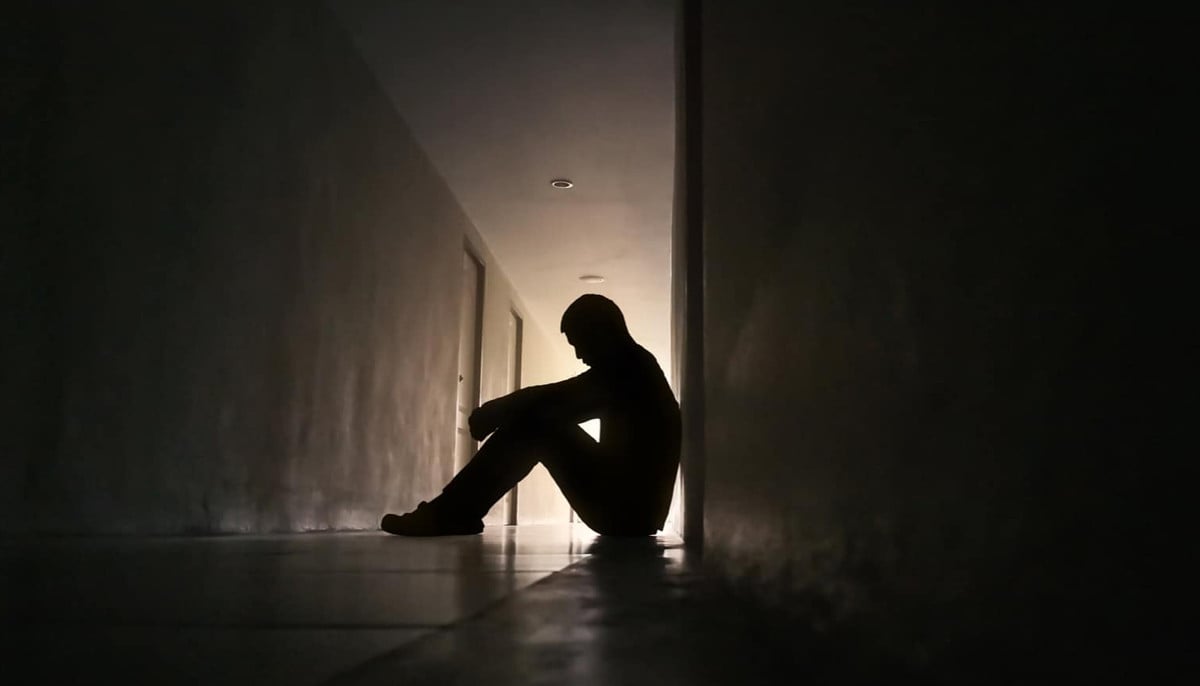'One in six affected by antidepressants withdrawal'
When some people stop taking antidepressants, they experience unpleasant symptoms
A review of previous studies has disclosed that one out of every six people have symptoms when they stop taking antidepressants, which is fewer than earlier thought.
The researchers say their findings will assist in informing doctors and patients "without causing undue alarm", reported BBC.
Data from 79 trials involving more than 20,000 patients was looked at by the Lancet Psychiatry review.
Some patients had been treated with antidepressants and others were given a dummy drug or placebo. This helped researchers measure the true effect of not taking the drugs.
When some people stop taking antidepressants, they experience unpleasant symptoms including dizziness, headache, nausea and insomnia. This can result in considerable distress, as per the researchers.
At least 56% of patients have been affected by the antidepressant discontinuation symptoms (ADS), as per the suggestion of the previous estimates. Among these, almost half of the cases were classed as severe.
Rather than stopping it suddenly or missing doses leading to withdrawal symptoms, official health guidance is to reduce the dose of antidepressant medication in stages over time.
Moreover, the guidance added that most people stop antidepressants successfully, however, other research suggests that ADS lasts for one to two weeks.
At the University of Cologne, study author Prof Christopher Baethge, from the Department of Psychiatry and Psychotherapy said that the findings were "quite robust". However, the review's lower estimate of ADS "did not mean it's all in their heads".
-
Late James Van Der Beek inspires bowel cancer awareness post death
-
Bella Hadid talks about suffering from Lyme disease
-
Gwyneth Paltrow discusses ‘bizarre’ ways of dealing with chronic illness
-
Halsey explains ‘bittersweet’ endometriosis diagnosis
-
NHS warning to staff on ‘discouraging first cousin marriage’: Is it medically justified?
-
Ariana Grande opens up about ‘dark’ PTSD experience
-
Dakota Johnson reveals smoking habits, the leading cause of lung cancer
-
Chris, Liam Hemsworth support their father post Alzheimer’s diagnosis












